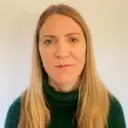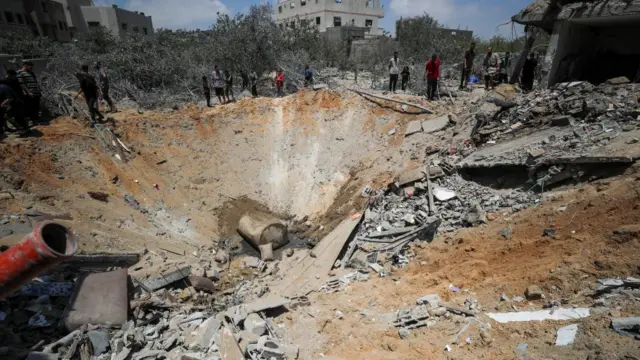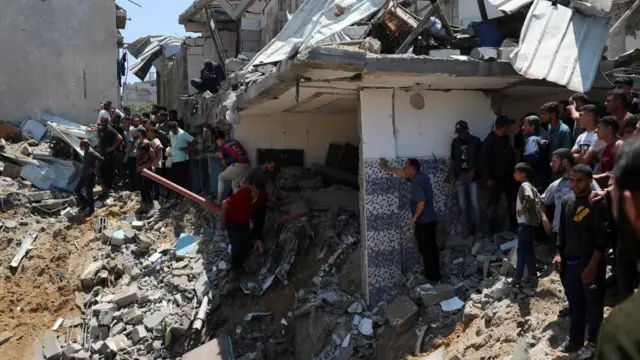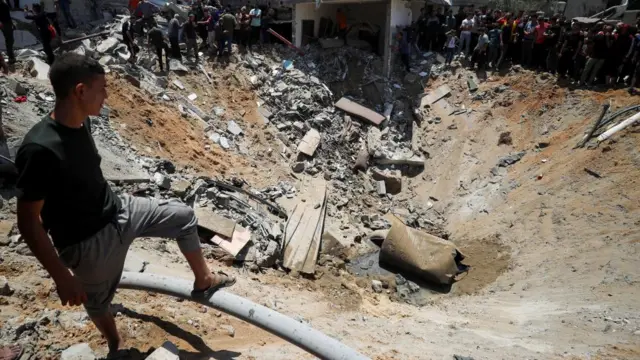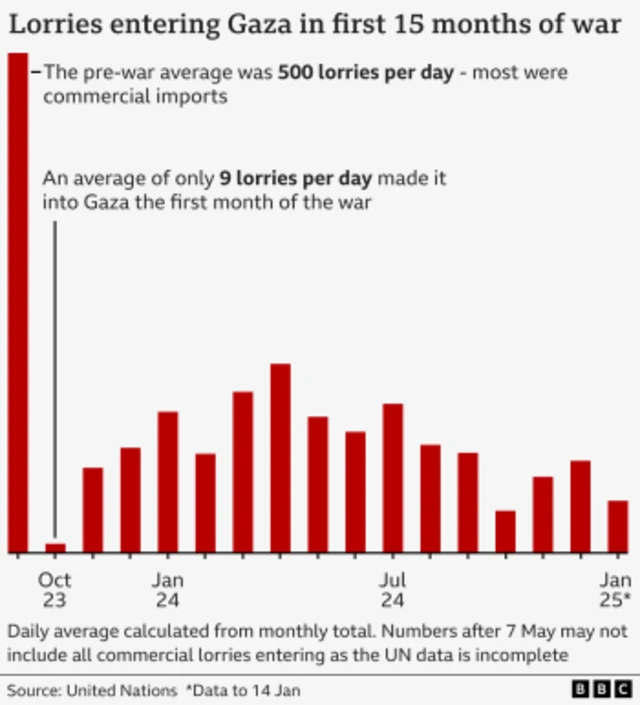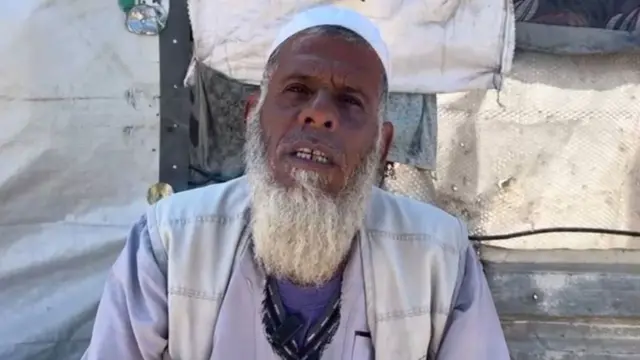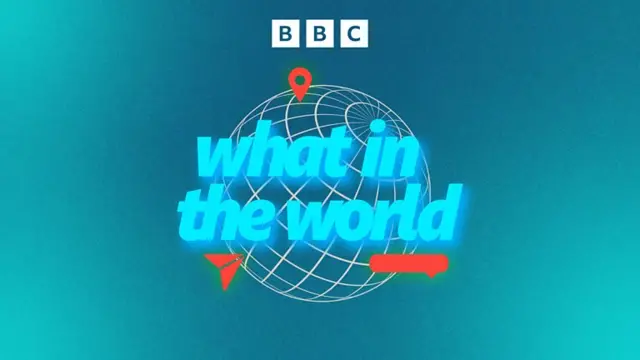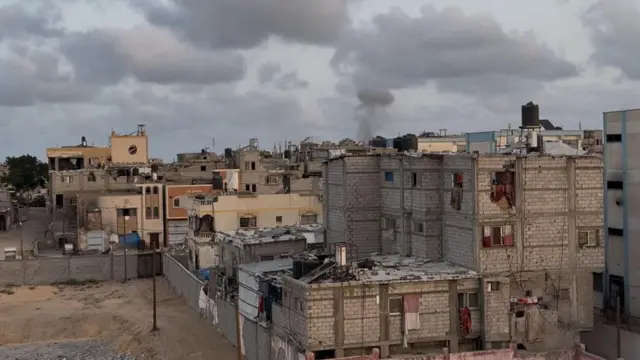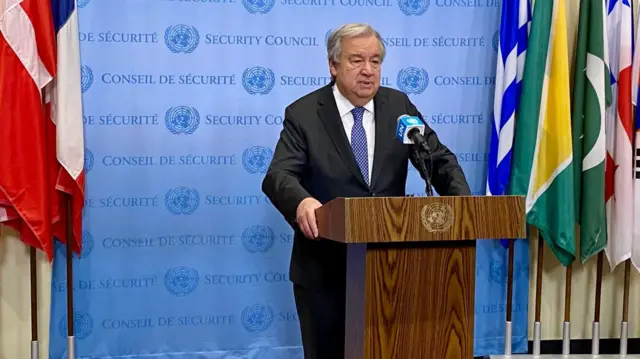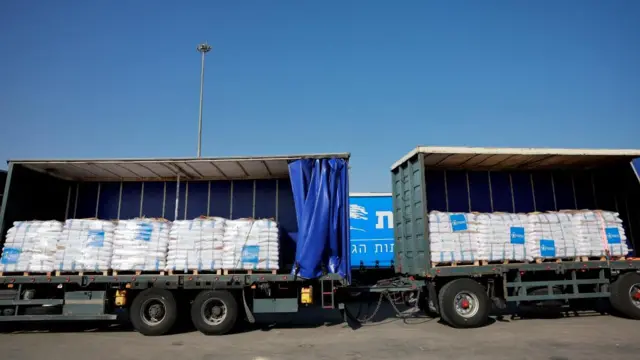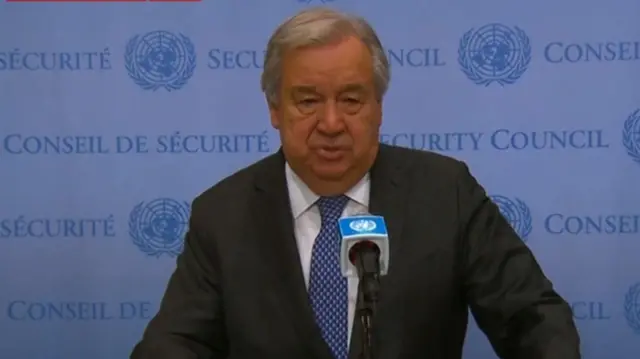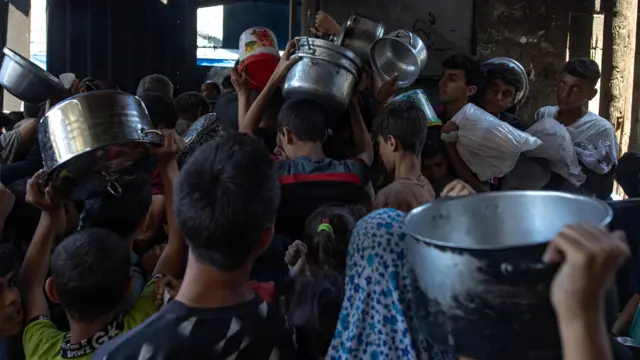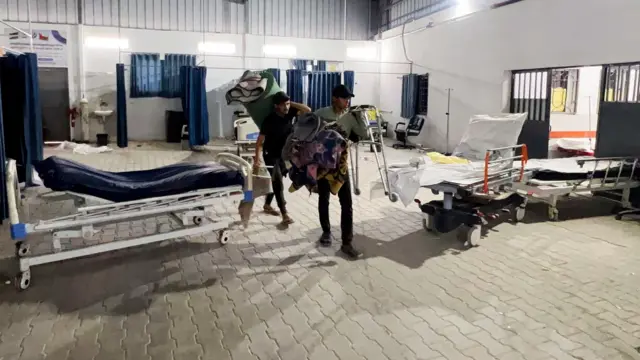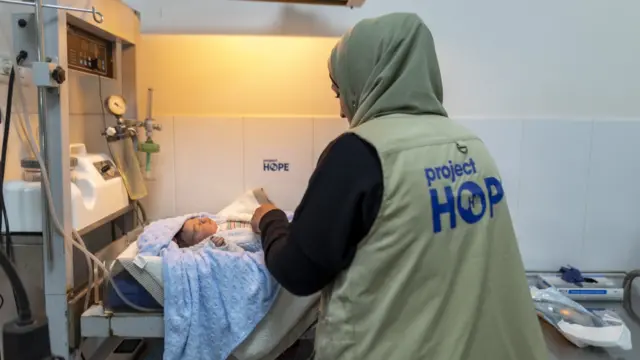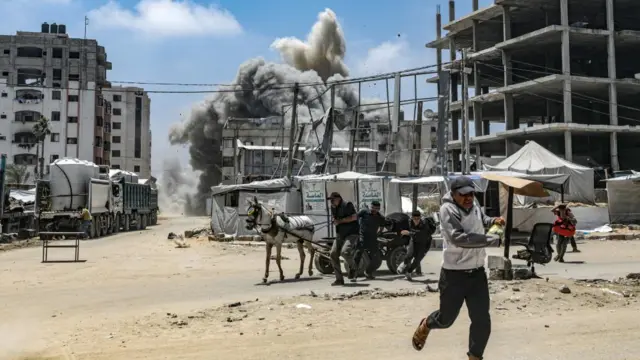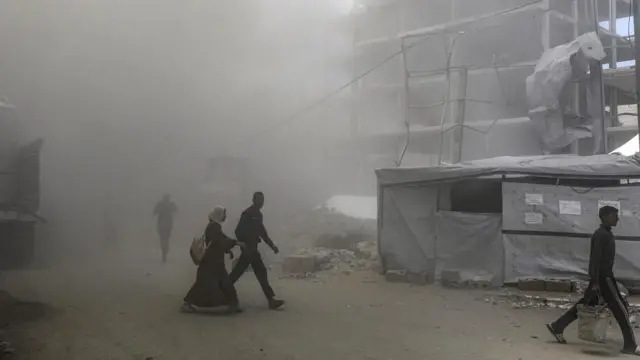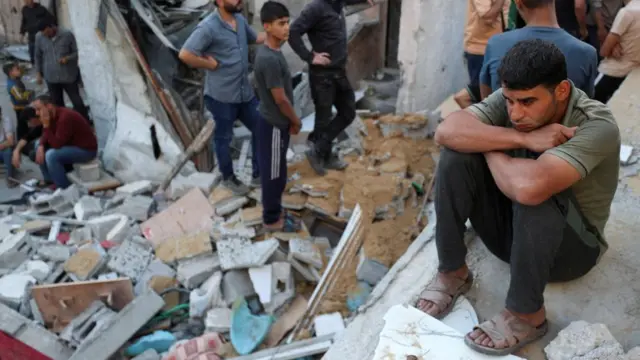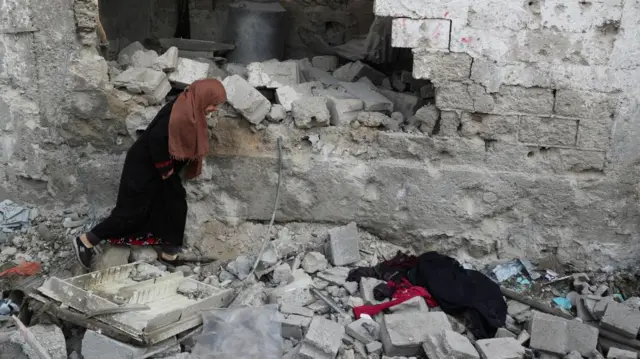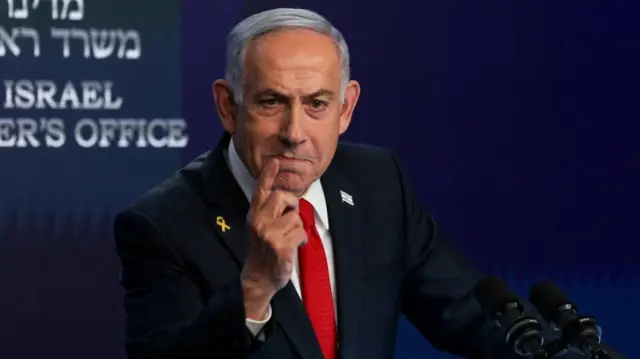UN warns over risk of famine while aid trickles into Gazapublished at 18:57 BST 23 May
 Adam Goldsmith
Adam Goldsmith
Live reporter
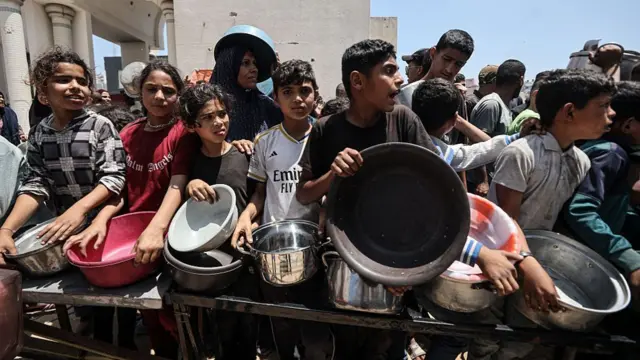 Image source, Getty Images
Image source, Getty ImagesPalestinians are living through "the cruellest phase" of the war between Israel and Hamas, the UN secretary-general has warned today.
An Israeli-enforced aid blockade on Gaza has partially eased, with about 130 aid lorries crossing into the territory in recent days. But one Gazan told the BBC earlier that the help they are seeing is just a "drop in the ocean" of what's needed.
The UN estimates that at least 600 aid trucks are needed every day to start addressing Gaza's humanitarian crisis.
An arm of the Israeli government, Coordination of Government Activities in the Territories (Cogat), earlier said "there is no food shortage in Gaza at this time".
Meanwhile, Israel's military operation continues. According to the Hamas-run health ministry, 60 people were killed and 185 wounded in Gaza in the 24 hours to midday today.
The ministry adds that 53,822 people have now been killed since Israel launched a military campaign in Gaza in response to Hamas's cross-border attack on 7 October 2023, in which about 1,200 people were killed and 251 others were taken hostage.
This morning, the Israeli military reported having hit "over 75 targets" in the past day, insisting the war will continue to "defend its existence and security against enemies who seek its destruction".
Our live coverage of the conflict is pausing now - we'll be back if there's any breaking news to bring you. To read more on today's developments, we recommend this piece from our Gaza correspondent Rushdi Abualouf and Alice Cuddy, our reporter in Jerusalem.
